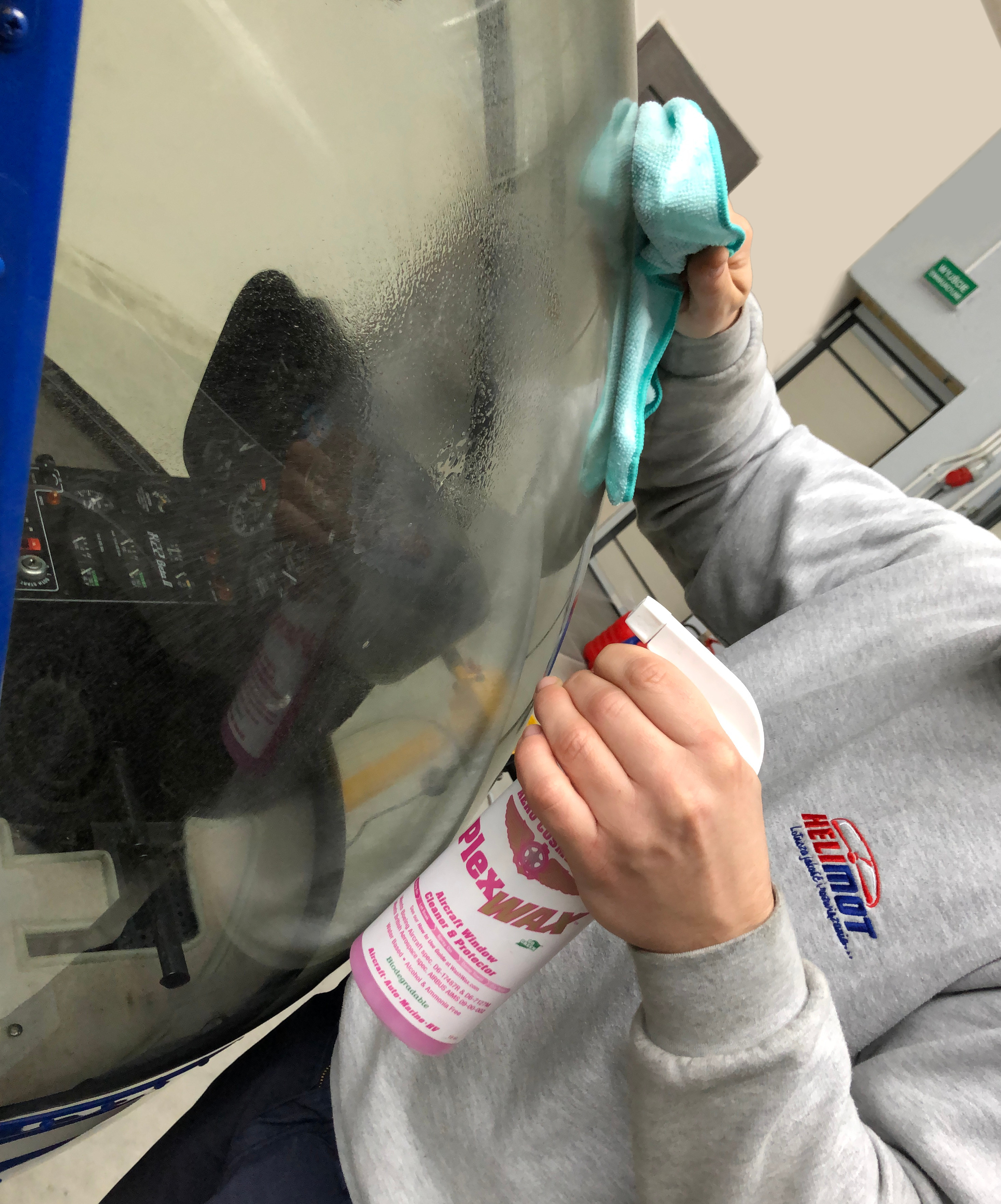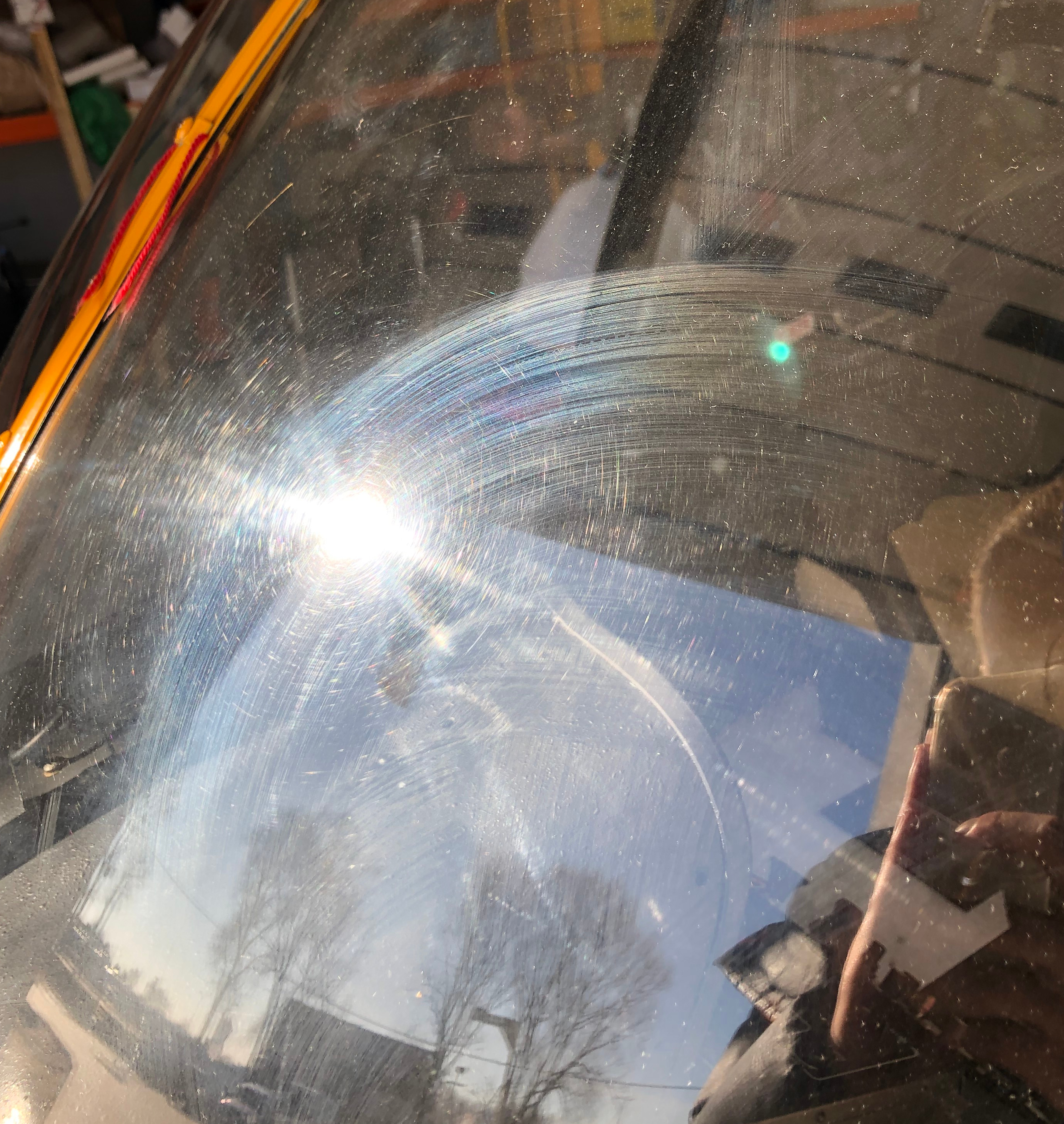Robinson Helicopter Company (RHC), the world's leading manufacturer of civilian helicopters, has received FAA...
- Home
-
Aviation store
-
Aircraft parts
- Aircraft parts
- Batteries
- To engine
-
Fasteners
- Temperature recorders
- Aviation lighting
-
Robinson R22
- Avionics
- Doors and windows
- Hull
- Controlling the flight
- Environmental control
- Ground handling
- Lighting
- Parking and storage
- Chassis
- Servicing
- Engine
- Special tools
- Motor control
- Instrument system
- Fuel system
- Plates and markings
- Paving and balancing
- Electrical system
- Main Rotor Drive System
- Tail rotor drive system
- Engine oil system
- Weight and balance
- Main rotor
- Tail rotor
- Equipment
-
Robinson R44
- Autopilot
- Avionics
- Doors and windows
- Hull
- Controlling the flight
- Environmental control
- Hydraulics
- Ground handling
- Lighting
- Parking and storage
- Chassis
- Servicing
- Engine
- Special tools
- Motor control
- Instrument system
- Fuel system
- Plates and markings
- Paving and balancing
- Electrical system
- Main Rotor Drive System
- Tail rotor drive system
- Engine oil system
- Weight and balance
- Main rotor
- Tail rotor
- Equipment
-
Robinson R66
- Autopilot
- Avionics
- Doors and windows
- Hydraulics
- Hull
- Environmental control
- Controlling the flight
- Ground handling
- Lighting
- Parking and storage
- Chassis
- Servicing
- Engine
- Special tools
- Motor control
- Instrument system
- Fuel system
- Plates and markings
- Paving and balancing
- Electrical system
- Main Rotor Drive System
- Tail rotor drive system
- Engine oil system
- Weight and balance
- Main rotor
- Tail rotor
- Equipment
- Aviation chemistry
- Cleaning cloths and rags
- Paints and primers, painting accessories
- Abrasive sheets and fleeces
- Oils and greases
- Tools
- Aviation accessories and gadgets
-
Aircraft parts
- Lycoming engines
- SERVICE R22 R44 R66
- Helicopter Transport
- Blog
- About us
- New products
Latest posts
-
 FAA Approval to Double the Life of Select Robinson R66 ComponentsRead more
FAA Approval to Double the Life of Select Robinson R66 ComponentsRead more -
 50th Anniversary of Robinson Helicopter Company06/20/2023Read more
50th Anniversary of Robinson Helicopter Company06/20/2023Read moreToday, June 20, 2023, marks 50 years since Robinson Helicopter...
-
 Can the oil in an aircraft piston engine be refilled with another brand of oil?11/21/2022Read more
Can the oil in an aircraft piston engine be refilled with another brand of oil?11/21/2022Read moreVery often pilots ask us if they can use another brand of oil, e.g. for a top-up.The answer is...
-
 Is the Robinson R66 helicopter safer than the R44?05/13/2022Read more
Is the Robinson R66 helicopter safer than the R44?05/13/2022Read moreIs the Robinson R66 helicopter safer than the R44?
-
 FAA approves stick guard11/15/2021Read more
FAA approves stick guard11/15/2021Read moreThe safety-enhancing stick guard is FAA approved for...
-
 Robinson R44 Service Bulletin SB-108 also became an Airworthiness Directive (FAA AD 2021-19-8)09/09/2021Read more
Robinson R44 Service Bulletin SB-108 also became an Airworthiness Directive (FAA AD 2021-19-8)09/09/2021Read moreRobinson R44 Service Bulletin SB-108 is now an FAA AD!
-
 How to properly clean plastic windows in a helicopter or plane04/11/2021Read more
How to properly clean plastic windows in a helicopter or plane04/11/2021Read moreWith the summer season approaching, it is worth taking care of aircraft windows.As we know, the summer season is a...
-
 World record with Robinson R2202/15/2021Read more
World record with Robinson R2202/15/2021Read moreOn September 22, 1990, in Red Bluff, California (USA) the "speed challenge" took place - an attempt to set a speed...
-
 Robinson R22 / R44 / R66 On-Board Camera02/11/2021Read more
Robinson R22 / R44 / R66 On-Board Camera02/11/2021Read moreRobinson's cockpit video camera debuted at last year's Heli Expo 2020 - it is now an optional extra on R22/R44...
-
 Lithium-ion battery available for Robinson R4402/03/2021Read more
Lithium-ion battery available for Robinson R4402/03/2021Read moreRobinson Helicopter Company recently added the TB17 lithium-ion battery to the R44 option...
Blog categories
Search in blog
How to properly clean plastic windows in a helicopter or plane
With the summer season approaching, it is worth taking care of aircraft windows. As we know, the summer season is a time when many different types of insects appear, which can pose a threat to helicopter or airplane windows.
Unremoved insects cause faster degradation of the plastics from which aircraft windows are made. Sticky insects are particularly harmful because many of them react with the plastics, causing deep pitting, which in turn weakens aircraft windows and reduces visibility.
It is therefore worth taking care of regular cleaning of the helicopter, and especially the windows after each flight, using professional aviation chemicals.
Unfortunately, many pilots use products intended for car care or even home care, which have an adverse effect on the condition of the windows. These products contain harmful chemicals, which as a result soften the coating of the window, causing it to weaken.
Products not intended for aviation cosmetics not only soften the coating but also dissolve it, allowing the absorption of harmful chemicals.
As a result, mechanical properties deteriorate, which increases susceptibility to various types of cracks.
Cracking of the glass caused by the use of inappropriate chemical compounds can have a significant impact on the resistance and durability of the material.
Another important element of aviation cosmetics is the aesthetics of aircraft. Incorrectly selected cleaning agents can cause opacity of the glass (frosted glass) as well as micro-damage in the form of abrasions and scratches that limit visibility from the cockpit.
Limited visibility can affect operational problems during flying, and as a result, it exposes the pilot to danger.
That is why it is so important to use aviation cosmetics, which not only clean but also protect the aircraft from degradation caused by insects, sand or weather conditions.
Another important element of care is the use of appropriate cleaning materials, such as microfiber. A soft microfiber cloth has a number of advantages that are perfect for aviation cosmetics. In combination with professional cosmetics, it perfectly absorbs water, collects and stores dirt, so it does not scratch the surface of the glass.
Many people use paper towels, which are rough and blunt, which contributes to the formation of permanent scratches.
Let's also remember that microfiber cloths are made of plastic, which makes them much more durable and cheaper to use. Cleaning is faster and more effective, which means we use less products.
It is worth adding that it is much friendlier to our environment.
To sum up, the recipe for a well-maintained ship is professional aviation cosmetics and appropriate cleaning materials.
Related posts
-
 HOW TO UNLOCK A BURNED SCREW?
Posted in: Helimot11/02/2020HOW TO UNLOCK A BURNED SCREW?Read more
HOW TO UNLOCK A BURNED SCREW?
Posted in: Helimot11/02/2020HOW TO UNLOCK A BURNED SCREW?Read more -
 Are You Unconsciously Reducing Your Helicopter's Efficiency and Shortening the Life of Your Blades?
Posted in: Helimot11/12/2020Blade Cleaning and Maintenance...Read more
Are You Unconsciously Reducing Your Helicopter's Efficiency and Shortening the Life of Your Blades?
Posted in: Helimot11/12/2020Blade Cleaning and Maintenance...Read more -
 NEW ROBINSON WINDOWS. DOES THIS MEAN THAT THE STANDARD WINDOW IS NOT RESISTANT TO ANY BIRD IMPACT?
Posted in: Helimot11/17/2020Robinson's impact-resistant windshields improve bird strike protection. Robinson has introduced...Read more
NEW ROBINSON WINDOWS. DOES THIS MEAN THAT THE STANDARD WINDOW IS NOT RESISTANT TO ANY BIRD IMPACT?
Posted in: Helimot11/17/2020Robinson's impact-resistant windshields improve bird strike protection. Robinson has introduced...Read more -
 Everything you need to know about vibration in a helicopter
Posted in: Helimot11/18/2020Everything you need to know about vibration in a helicopter...Read more
Everything you need to know about vibration in a helicopter
Posted in: Helimot11/18/2020Everything you need to know about vibration in a helicopter...Read more -
 WHAT IF I EXCEED THE MANIFOLD PRESSURE LIMIT?
Posted in: Helimot11/19/2020Have you exceeded your manifold pressure limit? What now? Do I need an inspection?No, there is no need to call a...Read more
WHAT IF I EXCEED THE MANIFOLD PRESSURE LIMIT?
Posted in: Helimot11/19/2020Have you exceeded your manifold pressure limit? What now? Do I need an inspection?No, there is no need to call a...Read more


Leave a comment